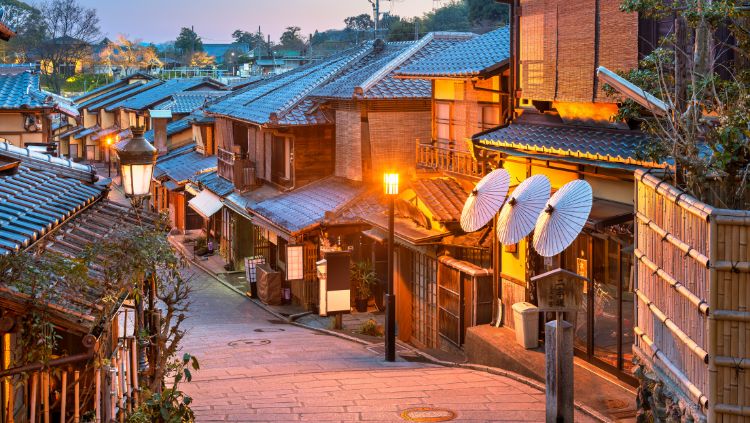
I do not have an ear for languages. Yet, I do manage to travel places where the language doesn't resemble English at all. It can be done. You can travel when you don't speak the language.
It's usually recommended that first-time solo travelers go to countries where they do speak the language. After all, language is your lifeline for safety, food, and shelter. However, if you are the adventurous type, you have options.
When you're ready to go a bit further afield and discover the adventure that awaits in less familiar cultures, it's important to have tactics for the foreign language issue. Here are a few posts to help you choose a solo destination.
- Where to Go? Great Destinations for First-Time Solo Travelers
- Best Solo Travel Destinations: Real Solo Travelers Love These
- Best Budget Destinations for Solo Travelers: Shortlist
- Spring Break Destinations Off the Beaten Path
- 45+ Solo Travel Destinations for Christmas and New Year’s

Tips to Cross the Language Barrier When Traveling
Here are 10 tips for travel when you don't speak the language.
- Advance planning is important. Booking your accommodation and transportation online in English will be much easier than trying to do it with someone who doesn't speak English. Make sure you have the basics of your trip in place before you land.
- Learn the basics. At minimum, learn to say please, thank you, and hello in the local language before you go. Even this was a challenge for me when I went to Japan. But after I'd heard arigato gosaimasu (thank you very much, in Japanese) dozens of times in the first day alone, it stuck.
- A lot can be said with your hands and voice. I've ordered lamb by saying “baaaaa”. I've received a hotel refund by explaining with my hands the circumstances for my not keeping the reservation. Have fun with it. Engage your listener and you can usually get your main point across.
- Draw pictures. Whether on paper or in the dirt, drawing can get you directions and information on what you need when you don't speak the language.
- Have important details written down. Take the business card of your hotel or hostel. Write basic information such as your name, emergency contact, and insurance information on a card in your wallet. Be sure that it is written in the local language. In Japan, before I left one hostel I had them write down the address of my next accommodation in Japanese script. This was very helpful.
- Google Translate. If you have the Google Translate app on your phone, you can have a translator with you full time. You don't need to be online to use it but you need to be online to download the language of your destination. Do this before you go. With Google Translate, you can type out words and phrases, point your camera at menus and signs, or speak into the app to get a translation.
- Be patient, stand back, and observe. Even if you don't have Google translate you can often figure out the meaning of signs, etc., just by standing back and observing what others do when they read them.
- Ask a young adult. Most students around the world study English. When I'm really at a loss and need some basic help, I'll ask someone in their teens or early twenties, as they will likely have basic English.
- Learn as you go. There are so many free language apps now that you can use as you travel to expand your vocabulary. I've used Duolingo and it is quite good.
- Hire a local guide in your language. If you have the budget, hire a local guide or an interpreter for special situations.
If you don't speak the language, maybe it's one worth learning. You may want to build language lessons into your travels. Immersion into a culture and language is the best way to learn any language.
